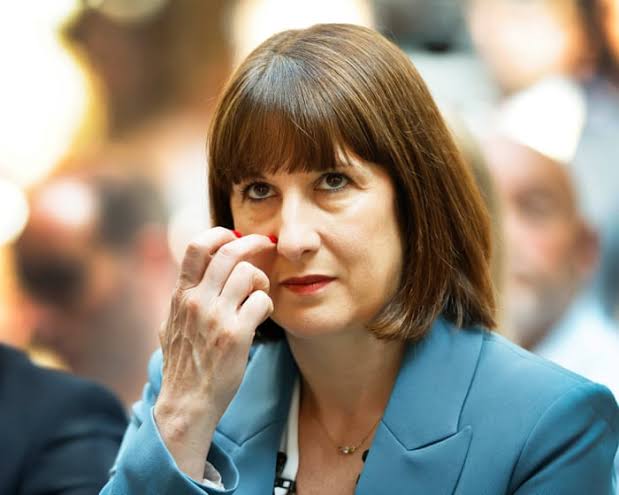Chancellor Rachel Reeves is preparing to build greater fiscal headroom in her upcoming November budget, aiming to protect the UK economy from turbulence in global bond markets.
Treasury sources confirmed that Reeves wants to strengthen the government’s position against her self-imposed fiscal rules, which require taxes and day-to-day spending to be balanced within five years.
In last autumn’s budget and March’s spring statement, Reeves met that rule with just £10bn to spare a narrow margin that has left her exposed to rising borrowing costs.
“We want more headroom to insulate ourselves against bond market volatility,” a Treasury insider said, adding that further tax rises and spending cuts are being considered.
However, with Labour trailing Reform UK in the polls, ministers acknowledge that another revenue-raising budget could prove politically unpopular following last year’s £40bn-a-year tax package.
Analysts say Reeves’s push for a wider safety buffer is prudent. Ruth Curtice of the Resolution Foundation said: “A margin for error below £10bn in a time of global uncertainty is slim.
Increasing that headroom will reduce the risk of more tax hikes later – but it will come with tough choices.”
Economic headwinds are already complicating the chancellor’s task.
The Office for Budget Responsibility (OBR) is expected to downgrade productivity forecasts, cutting £10bn–£20bn from expected revenues.
Meanwhile, reversing cuts to the winter fuel allowance and scrapping planned welfare savings have added another £6bn to spending.
Reeves has ruled out breaking Labour’s manifesto promises not to raise income tax, VAT, or national insurance, which make up three-quarters of government revenue. Instead, she is exploring reforms such as applying national insurance to landlords’ rental income, adjusting capital gains tax, and raising gambling levies.
Treasury officials hope these measures will reassure bond investors and keep borrowing costs stable. With the UK now spending £110bn a year on debt interest, even small market fluctuations can have significant fiscal consequences.
Former Conservative minister David Gauke warned that achieving £20bn–£30bn in headroom would be politically painful but potentially rewarding: “If Reeves lands it, markets will respond positively but it’s a risky leap into cold water.”
Economists say the strategy is essential to restoring long-term stability. Helen Miller of the Institute for Fiscal Studies urged Reeves to break the cycle of constant adjustments by building more fiscal space.
Yields on 10-year UK gilts have risen from 4.2% to 4.7% since Labour took office, reflecting concerns about sluggish growth and fragile public finances. Reeves’s budget, due in November, is seen as a crucial test of her commitment to both fiscal discipline and economic credibility.



